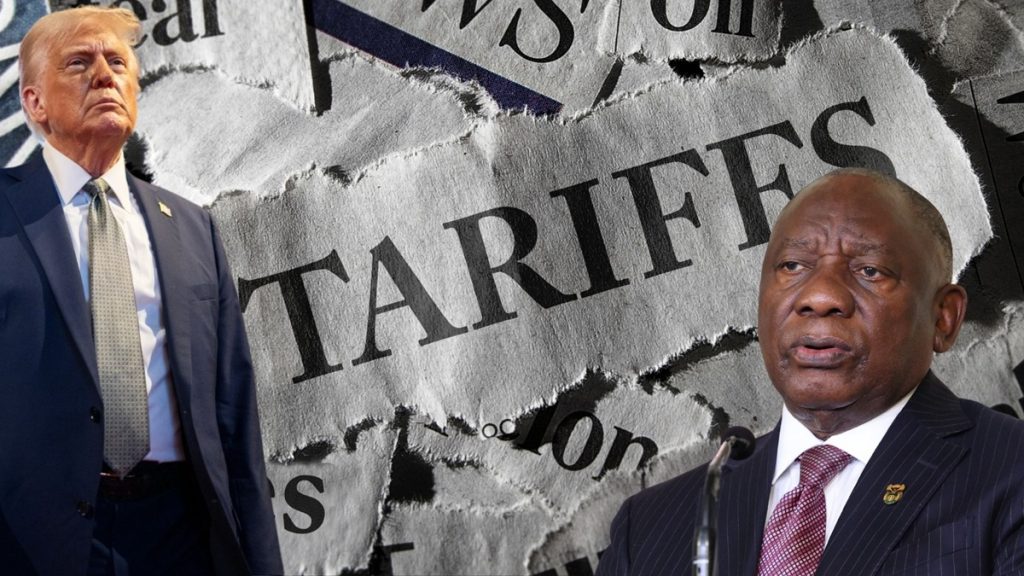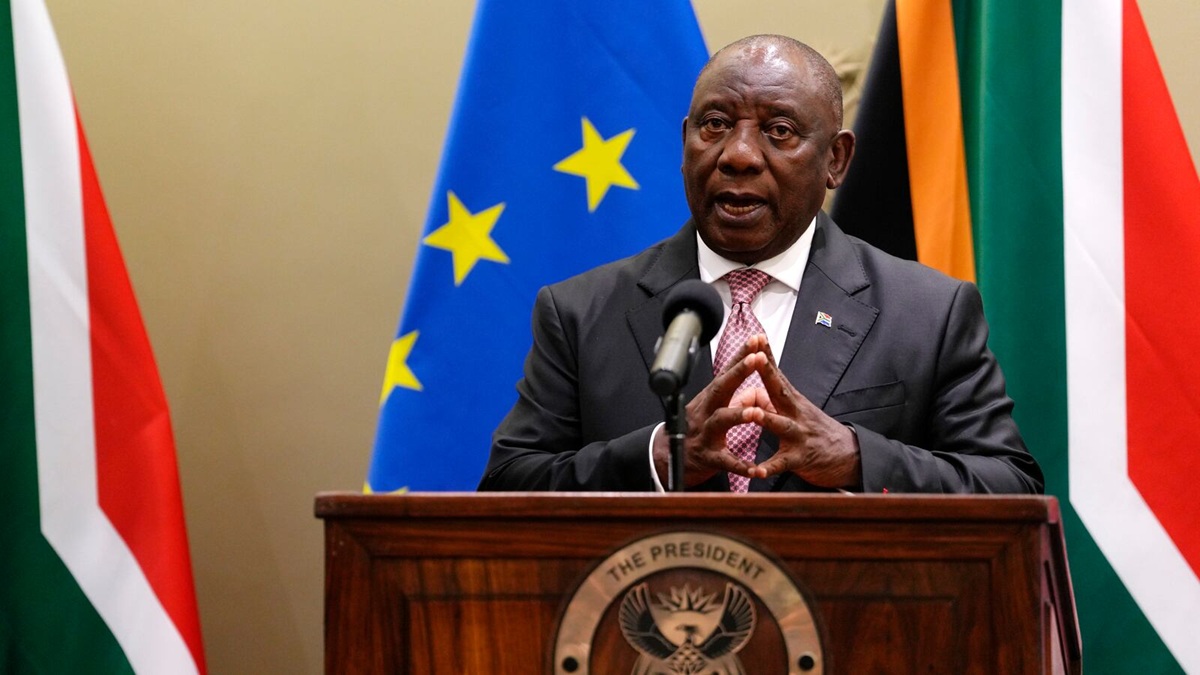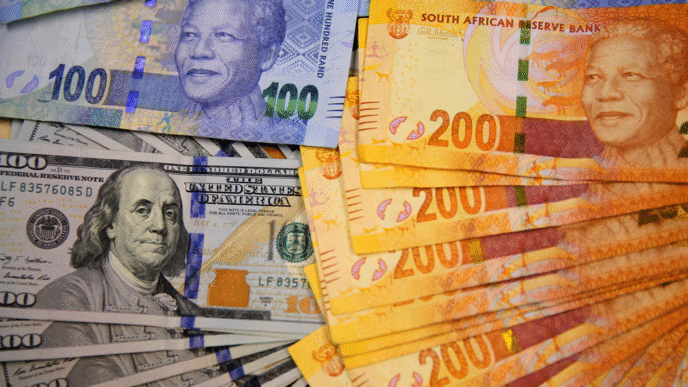South Africa is preparing what it calls a “generous” new trade proposal for the United States in a bid to avoid 30-percent tariffs, ministers said on Tuesday.
The move follows Washington’s decision last Friday to impose the steep levy on certain South African exports — the highest in sub-Saharan Africa — despite Pretoria’s attempts to negotiate a deal that would protect jobs.
While the ministers did not disclose the full details of the proposal, they confirmed that earlier discussions on increasing imports of US poultry, blueberries, and pork had been concluded.
“When the document is eventually made public, I think you would see it as a very broad, generous and ambitious offer to the United States on trade,” Agriculture Minister John Steenhuisen told reporters.
Officials warn that the tariffs could cost the country about 30,000 jobs.

“Our goal is to demonstrate that South African exports do not pose a threat to US industries and that our trade relationship is, in fact, complementary,” Trade Minister Parks Tau said.
The United States is South Africa’s third-largest trading partner after the European Union and China. However, Tau noted that South African goods make up just 0.25 percent of total US imports and are “therefore not a threat to US production.”
Steenhuisen added that US diplomats had unexpectedly raised concerns about South Africa’s domestic policies. “It was a surprise given the fact we thought we were in a trade negotiation,” he said.
The two countries have clashed over several policy issues. US President Donald Trump has criticised land reform and employment laws aimed at addressing racial inequalities that persist decades after apartheid.
“Things like expropriation without compensation, things like some of the race laws in the country, are issues that they regard as barriers now to doing trade with South Africa,” Steenhuisen told AFP on the sidelines of the briefing.
“I think we’re seeing some form of a new era now where trade and tariffs are being used to deal with other issues, outside of what would generally be trade concerns,” he added.


 Trending
Trending 








